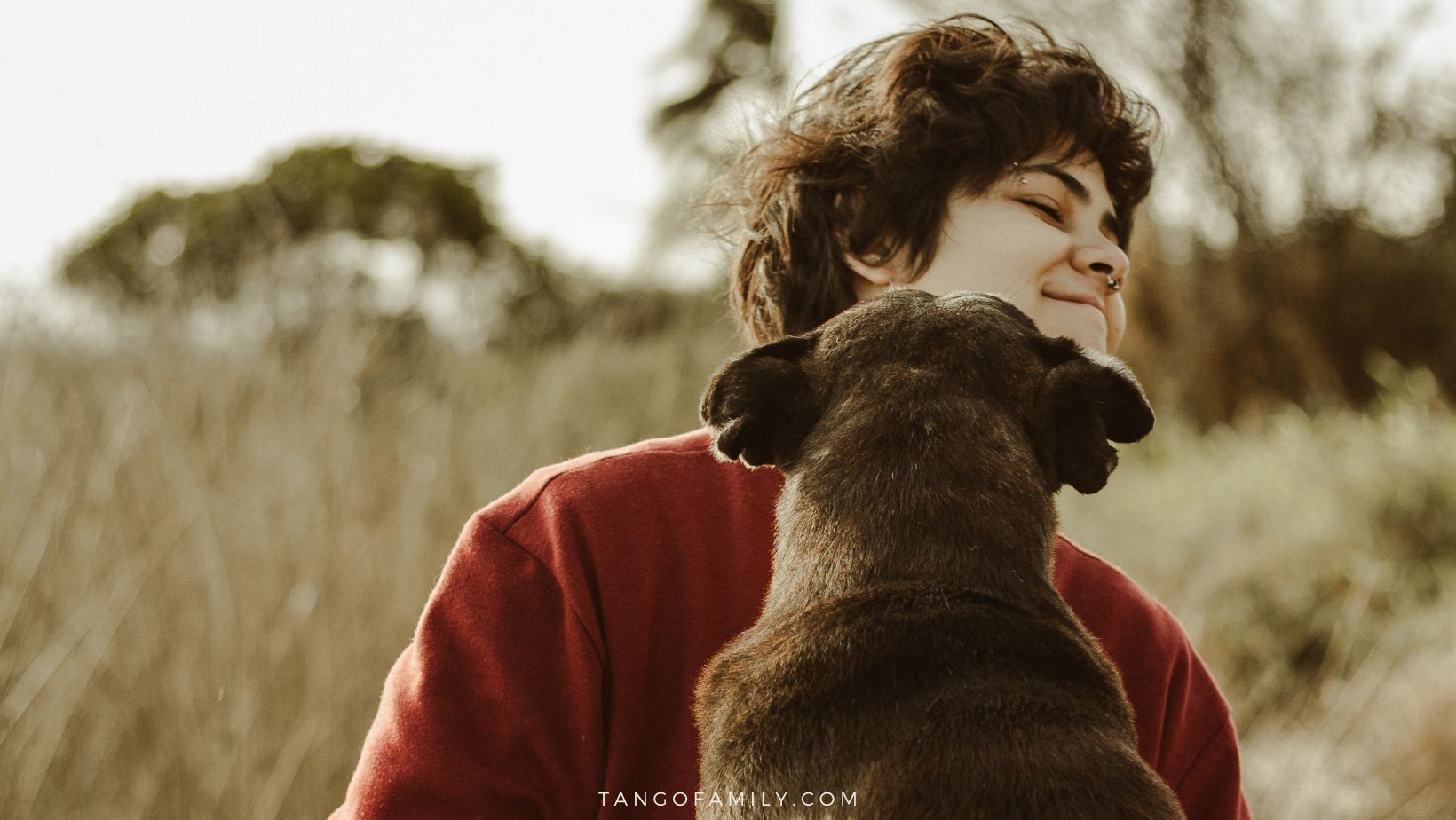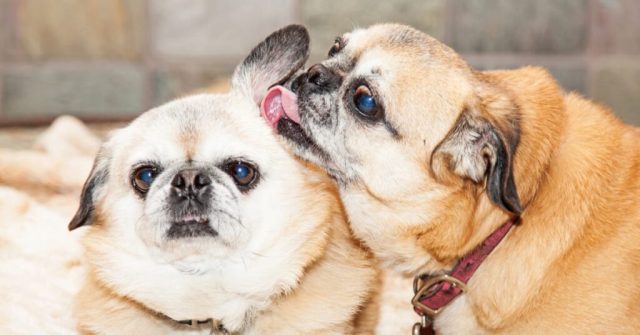“Can a dog eat an egg?” is a common question many dog owners ponder. Let’s clear up this doubt and dive deep into whether or not eggs are good for dogs, how to safely serve them, and the potential risks involved.
Eggs Good for Dogs
Eggs are a fantastic source of protein, vitamins, and minerals. They contain Vitamin A, Vitamin B12, Iron, Fatty Acids, and Amino Acids, all of which are beneficial for your pup’s health. Eggs can help build muscle, strengthen hair and nails, and aid digestion. So, in a nutshell, eggs can indeed be an eggcellent addition to your dog’s diet.
Feeding Raw Eggs
However, just like in humans, there’s a debate about whether we should feed our dogs raw eggs. Raw eggs do contain some risks. One of the primary concerns is the possible presence of Salmonella, a type of bacteria that can lead to food poisoning.
Salmonella in Dogs
Salmonella in dogs can cause symptoms like diarrhea, vomiting, fever, and severe dehydration. While dogs’ stomachs are more acidic than ours, making it harder for Salmonella to affect them, it’s still possible. Here is why many vets recommend cooking the eggs to kill any potential bacteria.
How to Feed Your Dog Eggs?
The safest way to feed your dog eggs is to cook them. The best options are boiled, scrambled, or poached without butter or oil. Always ensure the eggs are thoroughly cooked, eliminating any risk of Salmonella. Seasonings like salt, pepper, onions, or garlic should be avoided as they can harm dogs.
Biotin Deficiency in Dogs
Raw eggs contain an enzyme called avidin that can lead to a Biotin (Vitamin B7) deficiency in dogs if consumed in large quantities. Biotin is essential for cellular growth, fatty acid metabolism, and healthy skin and hair. Cooking the egg neutralizes this enzyme, making it harmless and ensuring your pup gets all the biotin they need.
Egg Shells for Dogs
What about the shell? Eggshells can be good for dogs too! They are a great source of calcium, which is crucial for bone health. But don’t just toss your dog a whole, uncooked shell. Instead, rinse them thoroughly, bake them to remove any bacteria, then grind them into a powder. This powder can be sprinkled on your dog’s regular food as a calcium supplement.
Precautions while Feeding Eggs to Your Dog
While eggs are generally safe for dogs, there are a few precautions to consider. If your dog has never eaten eggs, start with a small portion to monitor for adverse reactions. Although rare, some dogs could be allergic to eggs. Symptoms of an allergic reaction include itchiness, skin inflammation, chronic ear infection, and gastrointestinal issues like diarrhea. If you notice these signs, stop feeding your dog eggs immediately and consult your vet.
Eggs as Part of a Balanced Diet
Remember, while eggs are packed with beneficial nutrients, they should be part of a balanced diet. They shouldn’t replace your dog’s regular meals. Treats (including eggs) should comprise no more than 10% of your dog’s daily caloric intake. Too many eggs can lead to obesity or other health issues due to excess fat and cholesterol.
Dietary Changes and Vet Consultation
It’s always best to consult your vet before making any significant changes to your dog’s diet or introducing new foods like eggs. They can advise based on your dog’s nutritional needs and overall health. Even though eggs are generally safe for dogs, each dog is unique, and what works for one might not work for another.
Eggs – A Versatile Treat
In the end, eggs can be a versatile and nutritious treat for your dog. They can be served scrambled, boiled, or topped on their regular food. Remember to cook the eggs thoroughly to eliminate any risk of Salmonella, and consider grinding up the shells for an added calcium boost.
Wrap Up!
When served correctly, eggs are a nutritious and beneficial addition to your dog’s diet. Just remember, like with any food, moderation is key. Eggs should be an occasional treat, not a staple in their diet. Also, it’s always a good idea to consult your vet before introducing new foods into your dog’s diet. With these tips, you can ensure your furry friend enjoys their eggs in the healthiest way possible. So go ahead, crack open an egg for your four-legged pal today!





